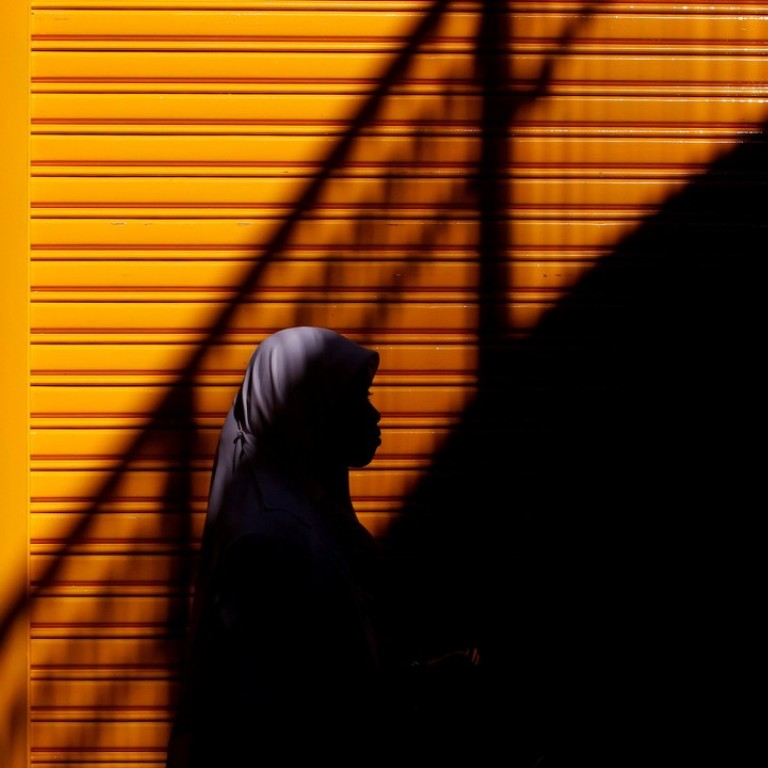
How personal turmoil put a radical helper in Hong Kong on road to Syria to help Islamic State
Study sheds light on how Indonesian helpers in city seeking acceptance and empowerment forged links with Islamic State
Fighting for a stable job, battling family issues and dealing with drug addiction, Ayu found in Islamic radicalism a window for acceptance and empowerment that she struggled to get more than 3,200km from home.
She is one of about 45 Indonesian helpers who forged links with Islamic State while living in Hong Kong, a study by a Jakarta-based think tank showed on Wednesday.
The Institute for Policy Analysis of Conflict said 43 radical female workers took part in extremist discussion groups. Through social media, reports and interviews, the institute gave detailed accounts of three women living in the city, who fought for recognition from IS figures in Indonesia and Syria, providing funds and organising trips to Syria via Hong Kong for Indonesian jihadis, or holy warriors.
Ayu, Ghalia, and Ummu Yasir, not their real names, met at a discussion group shortly after IS declared a caliphate in 2014.
Ayu was, the study said, one of the first IS sympathisers in Hong Kong. Her radicalisation began with a spiritual rebirth following years of turmoil, which included losing jobs here. With only few friends, “the radical community – online and offline – became her new home and a place where she felt accepted, empowered and fulfilled”, the report said.
As Ayu started to be absorbed by everything related to Syria, she met her second husband through jihadi accounts on Facebook. They married in 2013 while she was on holiday in Indonesia.
Her reputation in the Indonesian online jihadi circles grew stronger and, at the same time, she built up her offline network in Hong Kong. The report said she met other supporters of the Syrian jihad, or holy war, initially via social media and then face to face.
“Given her international network, Indonesian jihadis often asked her about the safest route to Syria and some transited in Hong Kong with her assistance. Others sought financial help for purchase of tickets,” the study said.
IS preachers “understood that the Hong Kong women were very eager to learn and help, and were therefore an easy target for exploitation”. Some preachers gave online lectures and others came to here to teach and raise money.
Ummu Yasir took a loan from a Hong Kong bank and used it to go to Turkey in February 2016, where she had found a boyfriend online.
Most of the Hong Kong women had first undergone a religious transformation
Her aim was to get to Syria, but she found herself stuck at an IS safe house in Istanbul for months as the Turkish government tightened its borders.
As of this year, Ayu was still working here, while Ummu Yasir and Ghalia were deported from Turkey and Hong Kong, respectively, as they tried to get to Syria.
The study also mentioned four other radical helpers who went to Syria. Two went between March and November 2015 to join their online husbands and the others went as single women.
“They were part of Ayu’s group and appear to have experienced a rapid transformation from secular non-practising to radical Muslims,” the report said.
According to the study, “most of the Hong Kong women had first undergone a religious transformation ... None were ever interested in supporting attacks in their host countries; they rather wanted to support anti-Assad fight in Syria or pro-ISIS violence at home”.
As of last month, out of at least 50 female radical workers in East Asia, four had joined IS in Syria; 16 had returned to Indonesia and mostly married jihadis; and eight were deported from their host countries or from Turkey while trying to cross to Syria.

